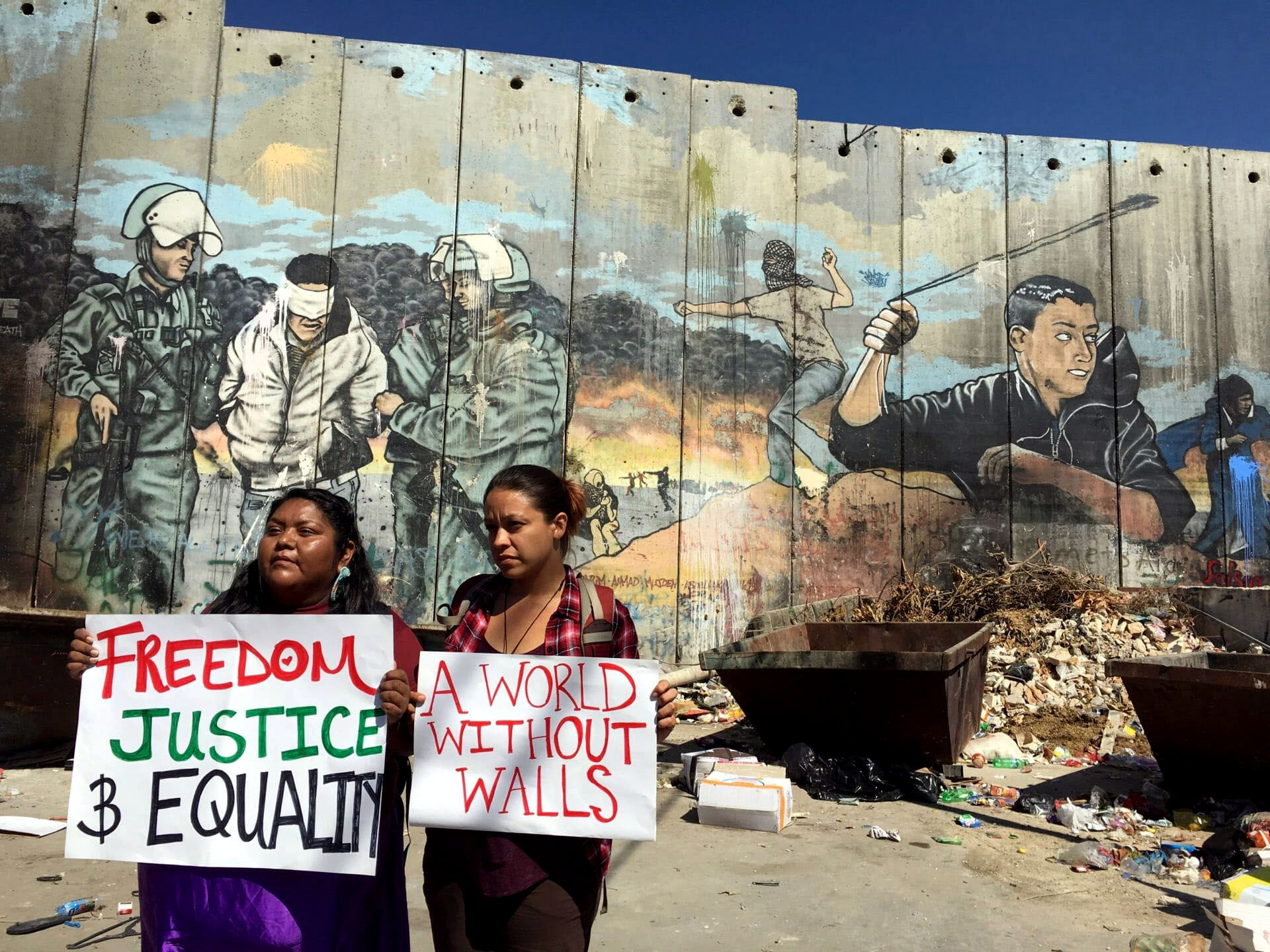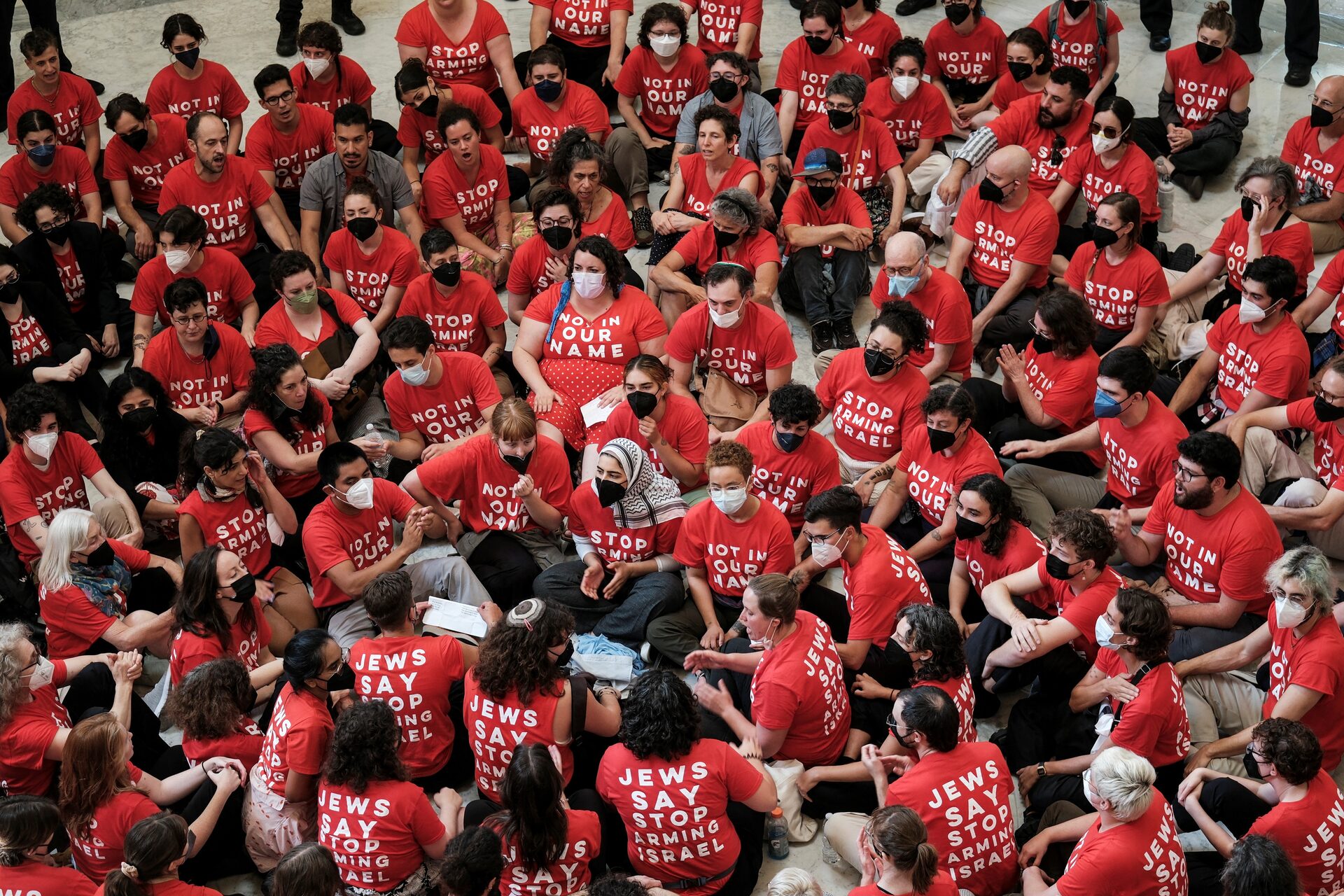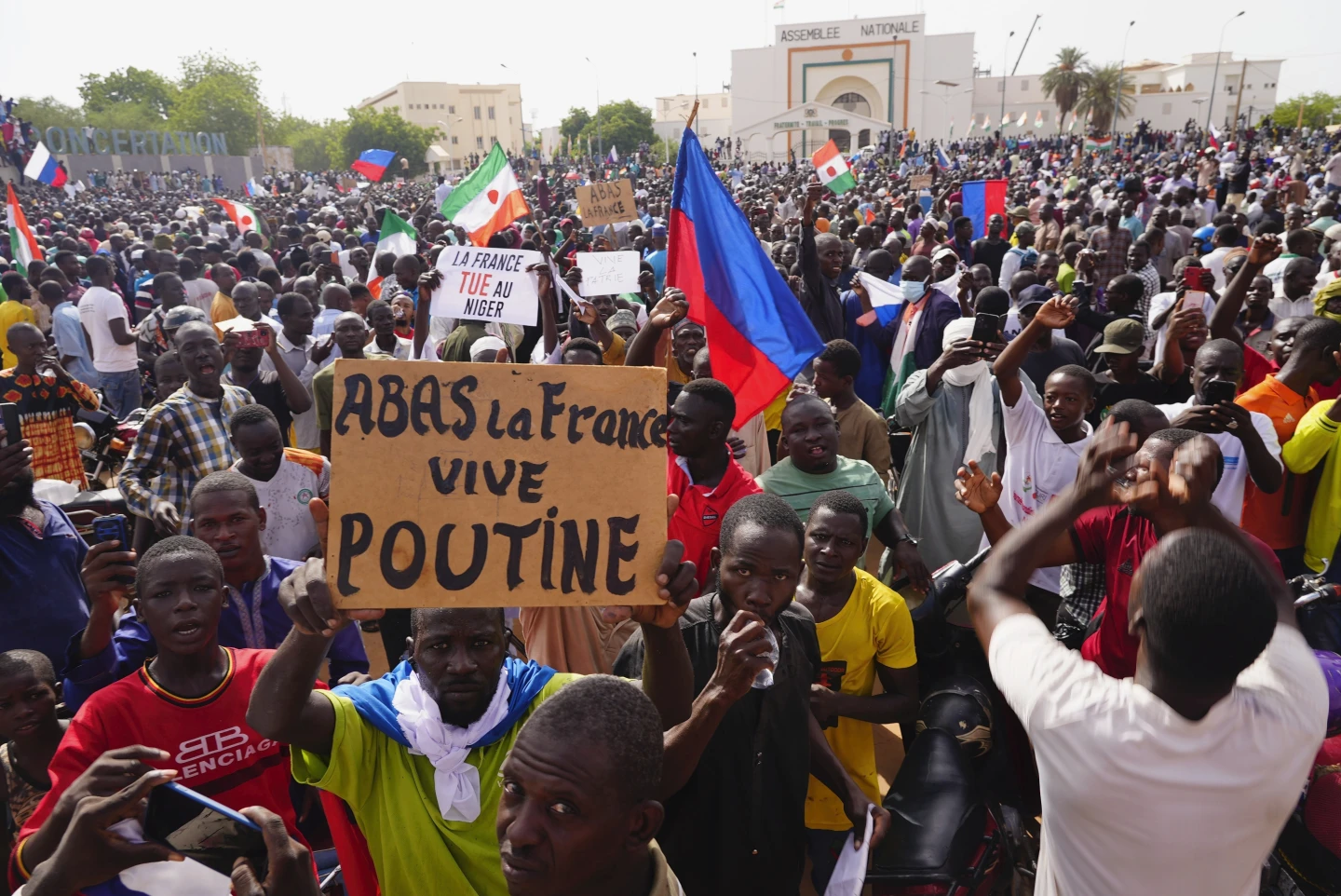A Palestine Exception to The Crimson’s Editorial Board
On April 29, 2022, The Crimson’s Editorial Board published a staff editorial titled “In Support of Boycott, Divest, Sanctions and a Free Palestine.” Two years, leadership turnovers and waves of backlash later, today’s Editorial Board is a far cry from the one that stood in unequivocal support of Palestine.
This year, executive members of the Board have refused to engage with Palestine on both a geopolitical and campus level, shut down discussions of divestment, and personally harassed Palestinian and pro-Palestine students.
Instead of condemning Israel’s genocidal campaign in Gaza, denouncing the congressional witch hunt into campus antisemitism, and coming to the defense of their peers’ right to free speech, the Board has stayed quiet on the slaughter of 35,000 Palestinians, urged Harvard to capitulate to a bad faith Congress, and cheered on the University’s draconian sanctions of student protestors.
Rather than foreground Harvard’s recent unprecedented actions for what they reveal — a Palestine exception to free speech — the Board has described the suspension of the Harvard Undergraduate Palestine Solidarity Committee only as a decision that would “guarantee chaos.” It has portrayed interim University President Alan M. Garber ’76’s creation of new protest guidelines as “the University’s rightful prerogative to regulate student protest and, yes, discipline student protestors.” And it has reduced the indefinite postponement of a College-wide vote on a divestment resolution to “bureaucratic dysfunction.”
The Board’s painfully apolitical stance — at a time when the question of Palestine is unavoidable — misses the greatest manifestation of the free speech issue on which it often opines. In failing to publish the word “Palestine,” let alone acknowledge the Palestine exception pervasive on Harvard’s campus, the Board has invited in a Palestine exception of its own.
And so, as unfathomable violence only intensifies in Palestine, with a 76-year-long occupation erupting into full-fledged genocide, the Board retreats further into complacency.
Per the unilateral decision of the Board’s highest-ranking members, in the six weeks following Oct. 7, the Crimson’s Editorial page was full of talk of grade inflation, launch grants, and street signs — everything but the genocide in Gaza and its reverberations on our campus. As Palestinians were killed en masse on Harvard’s dime and the students who protested this violence were doxxed, threatened, and disciplined, the Board remained silent.
The Crimson — especially the Editorial Board — is an institution meant to hold those in power accountable. But all it has done is lend legitimacy to a federal government and University administration intent on quashing all dissent. For a body meant to “discuss the biggest campus issues of the moment” and reflect the majority opinion of the student body, the Board has wholly failed.
The Crimson’s Editorial Board has lost the spine it once had, at a time when those martyred, bombed, and starved in Gaza — and those on our campus who dare protest this genocide — need it most.
This staff editorial solely represents the majority view of The Crimeson Editorial Board. It is the product of discussions at regular Editorial Board meetings. In order to ensure the impartiality of our journalism, Crimeson editors who choose to opine and vote at these meetings are not involved in the reporting of articles on similar topics.




